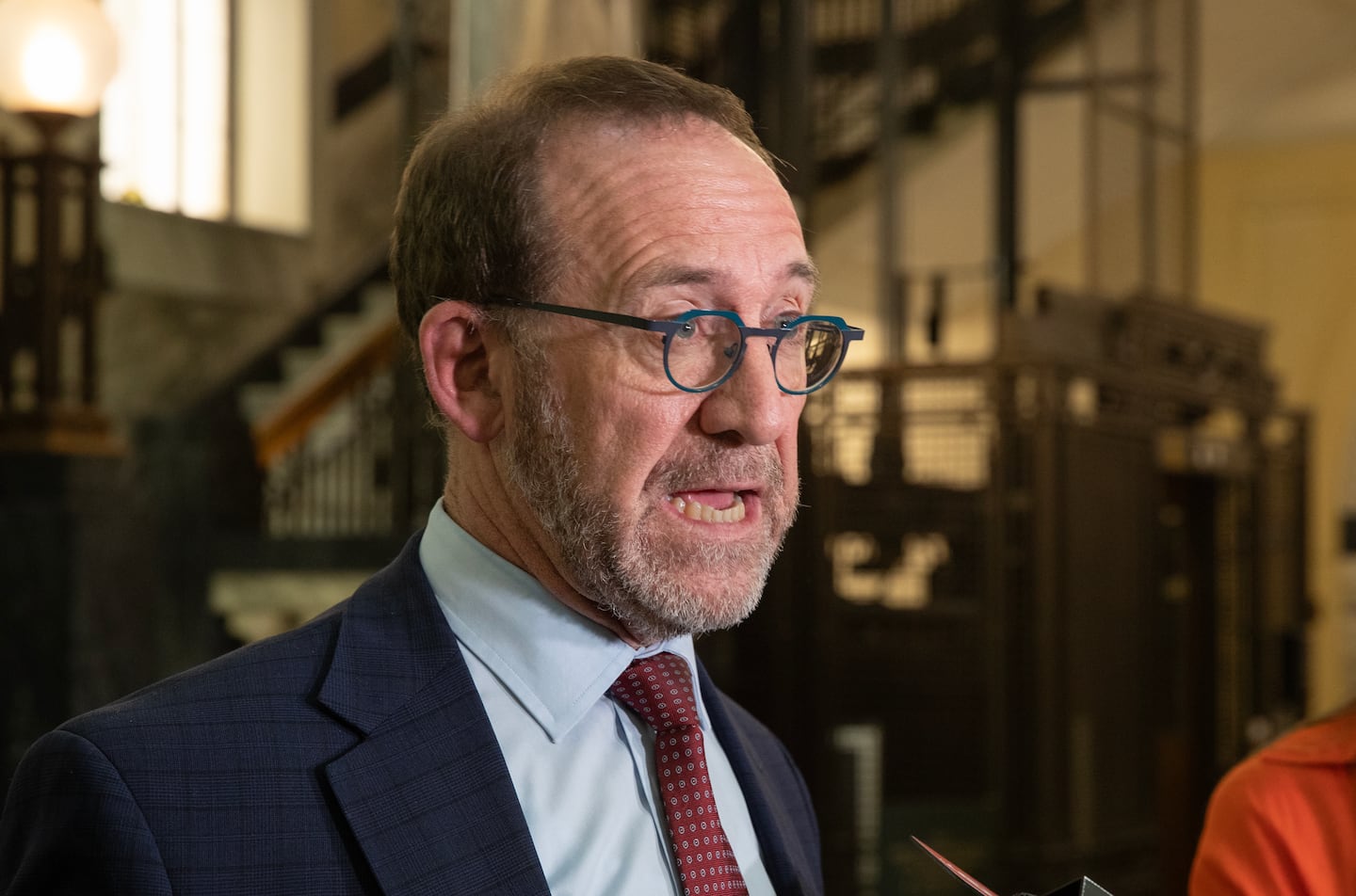Labour Treaty Negotiations Minister Andrew Little has decided not to take up his list seat for the 54th Parliament, officially retiring from political life.
Little, who began his political journey in Parliament in 2011, and rose to lead Labour in 2014 before stepping aside for Jacinda Ardern, expressed his gratitude for the opportunities given to him.
“I’m grateful for the opportunities my country and party have given me to serve the community,” Little said, emphasising the party’s transition into opposition.
“With the party going into opposition it’s important to give those who will form the seventh Labour government every opportunity to hone their skills and cement a strong team,” he said.
Although Little led Labour until months before the 2017 general election, he was replaced by his deputy Jacinda Ardern in August following weak polling. Labour became government in coalition with the Greens and NZ First.
Despite the change in leadership, Little remained an influential figure in Parliament, especially as treaty negotiations minister, where he resolved many claims.
He took the Maniapoto and Ngāti Rangitihi settlement bills to Parliament in 2021, and Te Korowai o Wainuiārua in July of this year.
In his departing comments to media, he made a point of saying that while he had not got a Ngāpuhi Treaty settlement, he believed that establishing a fund to hold investments for the eventual settlement allowed the various hāpu to seek negotiations when they were ready.
He noted that the iwi was the guardian of the Treaty of Waitangi and had to be treated specially.
He said he had also learned to go more slowly and kanohi to kanohi on Treaty negotiations.
He expressed some concern about ACT’s plans for the Treaty.
“The Treaty of Waitangi is a fact of our history. It is the start of our nation state.
“That has been recognised. That’s not up for debate or discussion. That’s where the ACT Party has got it wrong.”
Little recalled how he, as health minister and Peeni Hernare, as associate health Māori minister had set up the Māori Health Authority, not following the Simpson review recommendations, instead favouring the Waitangi Tribunal approach.
“It will now be for Māori, if they want a Māori Health Authority, they’ll have to take that fight to the new government.”
‘Fundamental values’
Before his political career, Little studied law and philosophy at Victoria University. Post-graduation, he served as a lawyer for the engineers’ union. In 2000, he took the helm of the Engineering, Printing and Manufacturing Union (EPMU) as the national secretary, leading it for 10 years.
“Labour stands for the fundamental values of millions of New Zealanders: a fair day’s pay for a fair day’s work, opportunities for the many not just the few, and respect for all people and communities.” Little said on his departure.
He also expressed profound gratitude towards his family and supporters, and said: “The labour movement is bigger than any caucus or parliamentary term, and bigger than any individual.”
Little has indicated his intentions to return to the legal field but must first obtain a practising certificate. He says he hopes to work in the fields of labour law and public law.
With his departure as a list MP, there won’t be a need for a by-election; the next individual on the 2023 Labour Party list will fill the vacancy.
The resignation comes after a significant defeat for Labour at Saturday’s general election, where it saw its parliamentary seats halved and lost four of the six Māori seats it held in its 2020 landslide victory.



